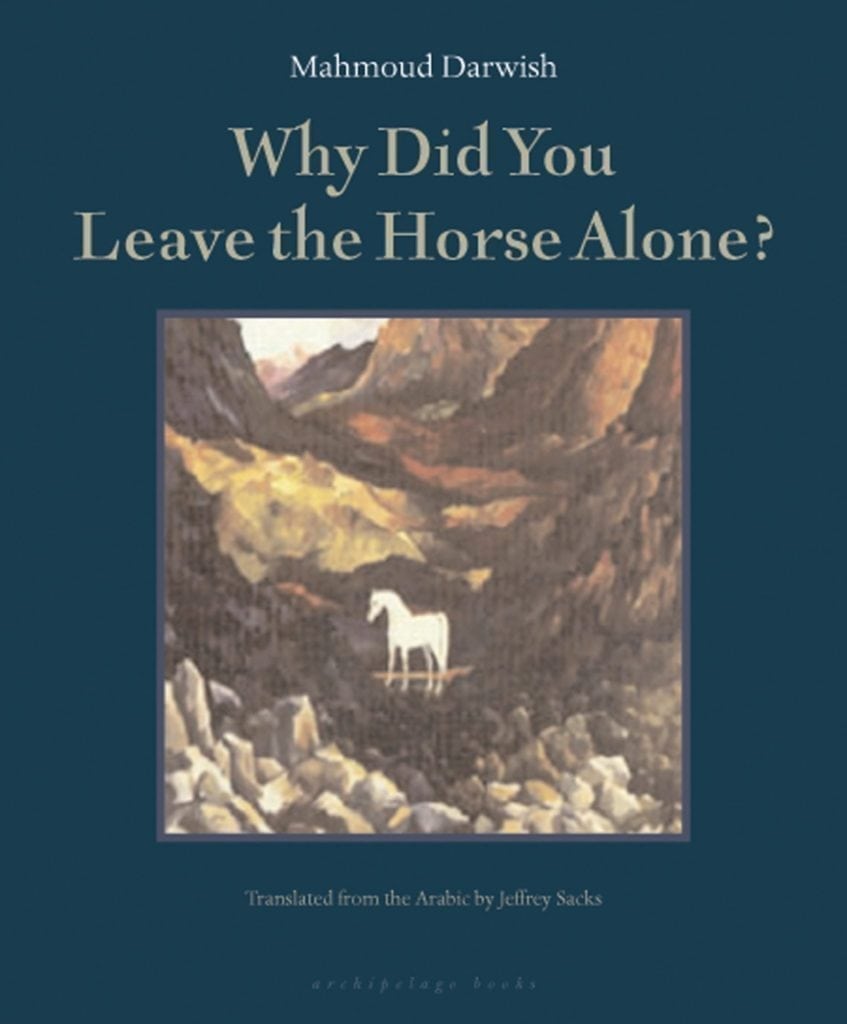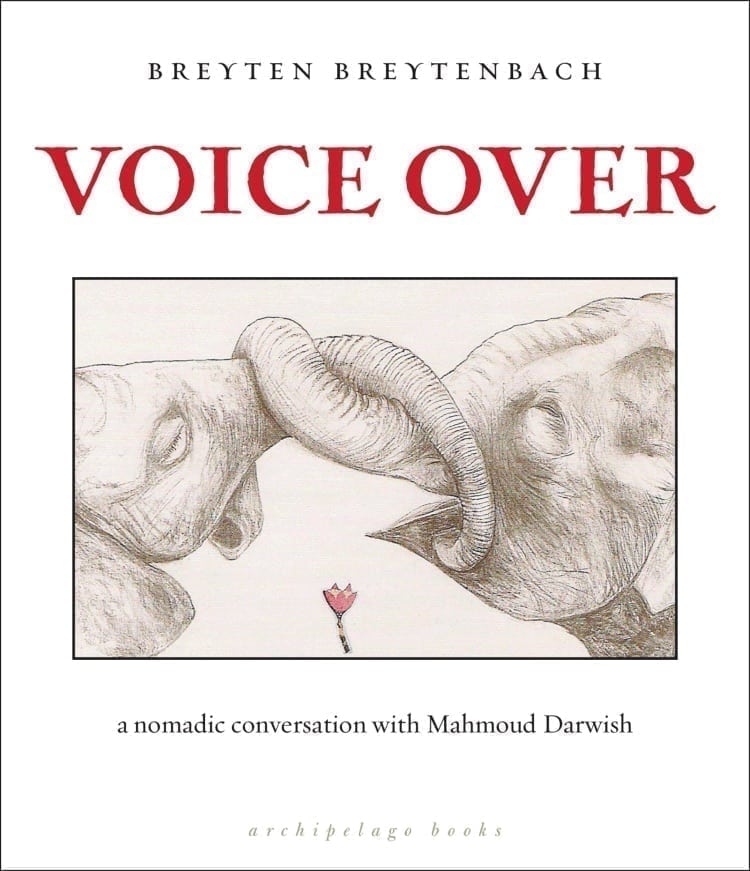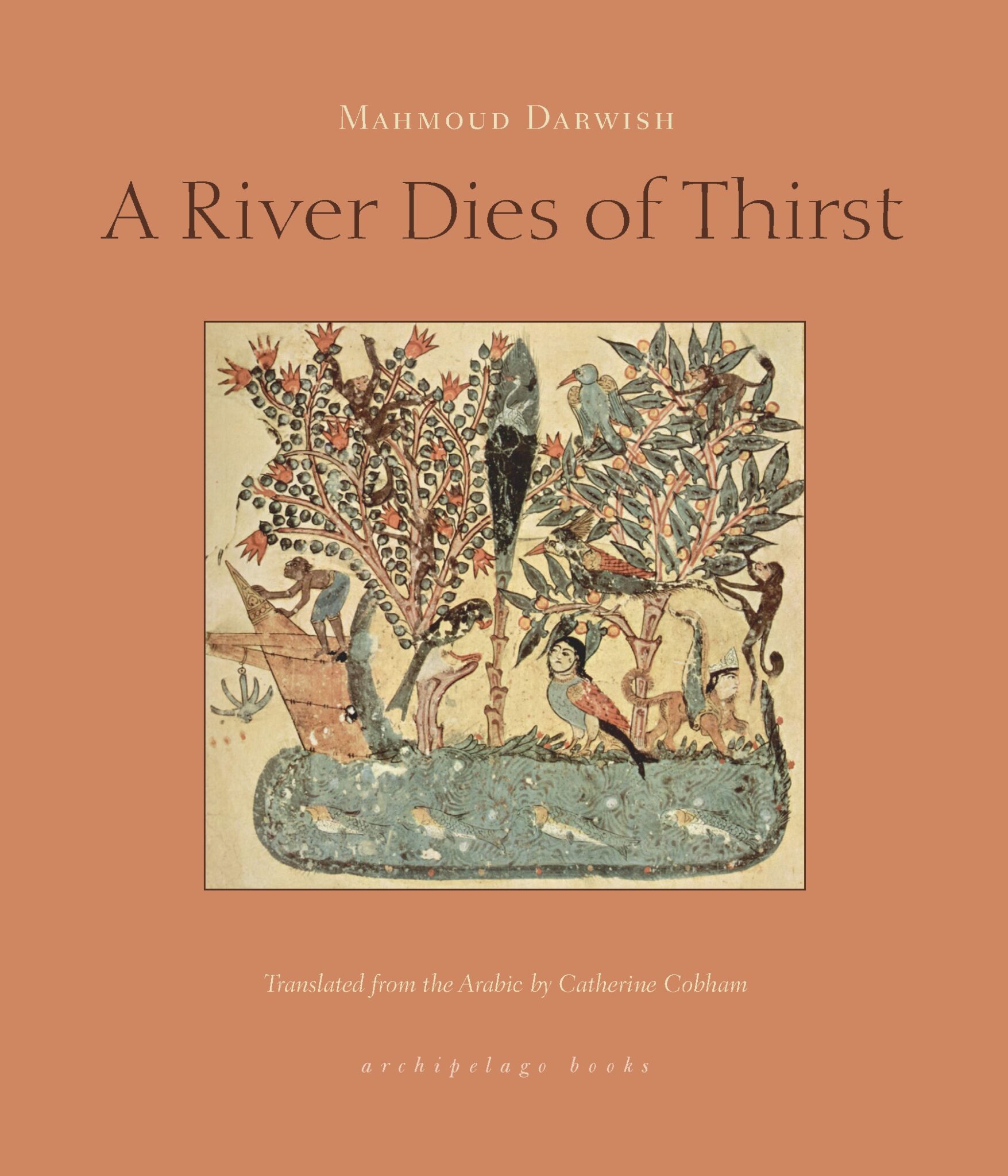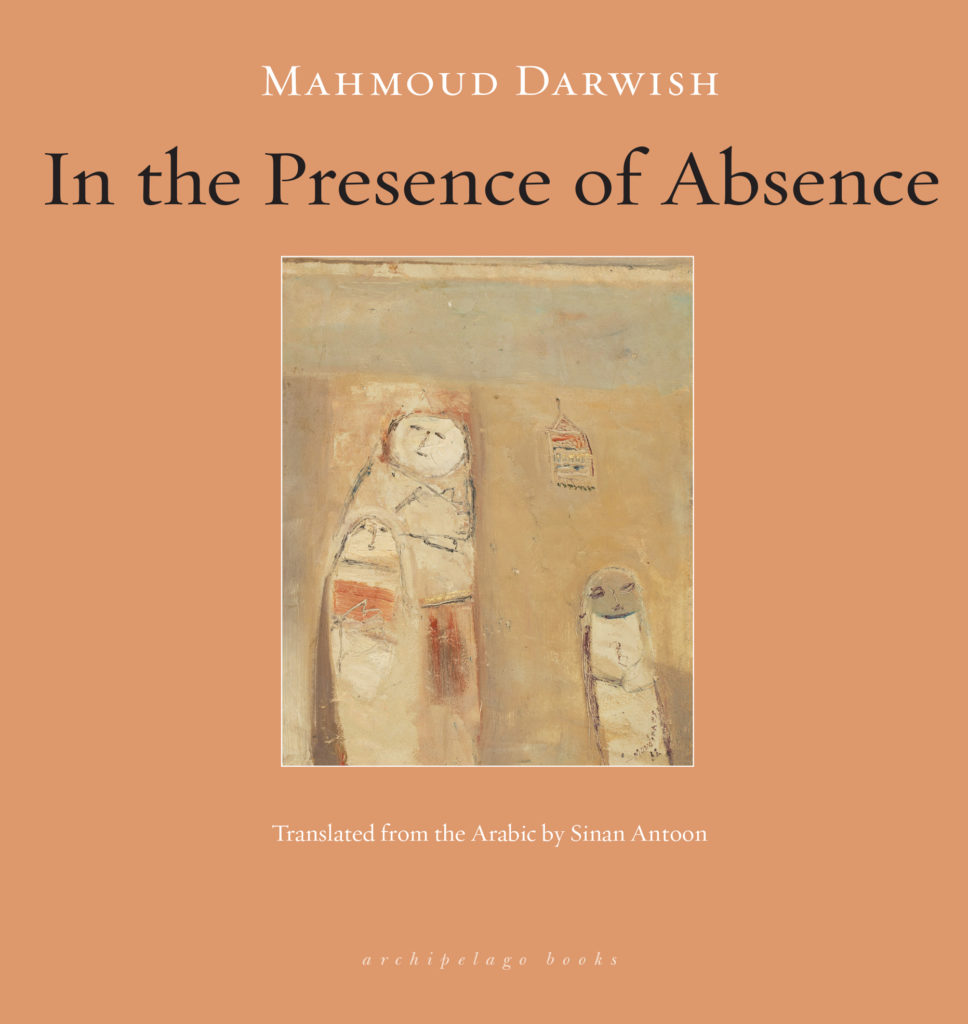Praise
Darwish's complex linguistic negotiations of deeply contested places, on the earth and in the mind, demand and sustain serious reading and discussion.
Darwish is the premier poetic voice of the Palestinian people...lyrical, imagistic, plaintive, haunting, always passionate, and elegant—and never anything less than free—what he would dream for all his people.
...Perhaps the most political of Darwish’s books of poetry, by no means is it simply a political book. It is a book of nostalgia and love, not politics. The book tugs at the reader’s heart page after page, poem after poem, line after line, you cannot remain apathetic for a moment...Only a very callused person could read these poems without getting emotional.
Extras
Read his New York Times obituary here:
Mahmoud Darwish, whose searing lyrics on Palestinian exile and tender verse on the human condition led him to be widely viewed as the pre-eminent man of Palestinian letters as well as one of the greatest contemporary Arab poets, died Saturday night in Houston after complications from heart surgery. He was 67.
Palestinians in Ramallah, West Bank, held a vigil on Sunday in honor of Mahmoud Darwish, who died Saturday in Houston.
Mr. Darwish, a heavy smoker, was known to suffer from health problems. Still, his death was received among Palestinians with shock and despair.
Mahmoud Abbas, the Palestinian president, declared three days of mourning on Sunday, saying that Mr. Darwish was “the pioneer of the modern Palestinian cultural project,” adding, “Words cannot describe the depth of sadness in our hearts.”
Read his Guardian obituary here:
They fettered his mouth with chains,
And tied his hands to the rock of the dead.
They said: You’re a murderer.
They took his food, his clothes and his banners,
And threw him into the well of the dead.
They said: You’re a thief.
They threw him out of every port,
And took away his young beloved.
And then they said: You’re a refugee.With poems from the 1960s such as this, Mahmoud Darwish, who has died in a Texas hospital aged 67 of complications following open-heart surgery, did as much as anyone to forge a Palestinian national consciousness, and especially after the six-day war of June 1967. His poems have been taught in schools throughout the Arab world and set to music; some of his lines have become part of the fabric of modern Arabic culture.
A BuzzFeed list of novels by Palestinian authors, including Why Did You Leave the Horse Alone? by Mahmoud Darwish.






